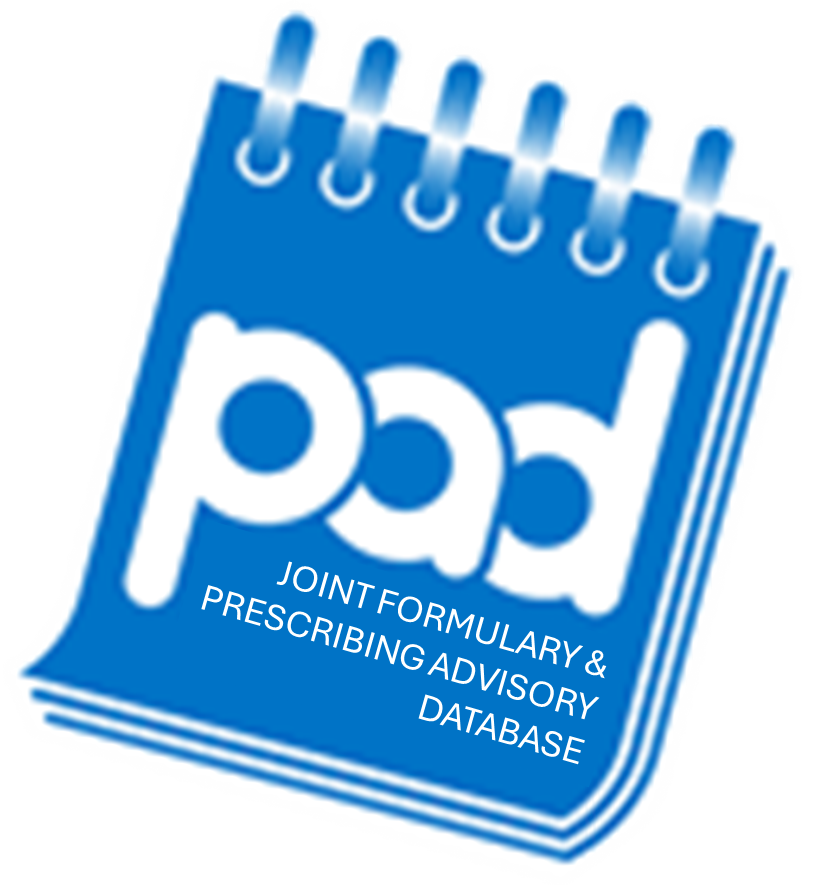
Sirolimus - Transplant immunosuppression
You are here : Home > Formulary Search > Sirolimus - Transplant immunosuppression
Status 1
- Not Specified
For EXISTING patients: GPs may continue to prescribe for existing post-transplant patients only. NHS England are looking to repatriate these patients in the future. GPs must not accept any new requests to prescribe for new patients.
Documentation
PAD Profile
Committee Recommendations (2)
FOR EXISTING PATIENTS only:
A BLUE information sheet has been developed to facilitate the accessibility and safe prescribing across the secondary/primary care interface for patients already being prescribed branded sirolimus by their GP.
NHS England are looking to repatriate these patients in the future. GPs must not accept requests to prescribe for new patients.
GPs should not accept any new request to start prescribing sirolimus post-transplant.
RED drugs are for specialist use in secondary / tertiary care – prescribing is to be initiated and continued by the specialist.
GPs should ensure that patient medication records include any medicine for which prescribing remains the responsibility of secondary or tertiary care. This will ensure that GP records, which are accessed by other healthcare providers, are a true and accurate reflection of the patient’s medication.
Other Indications
Below are listed other indications that Sirolimus is used to treat.
Other Drugs
Below are listed other drugs that are used to treat Transplant immunosuppression.
